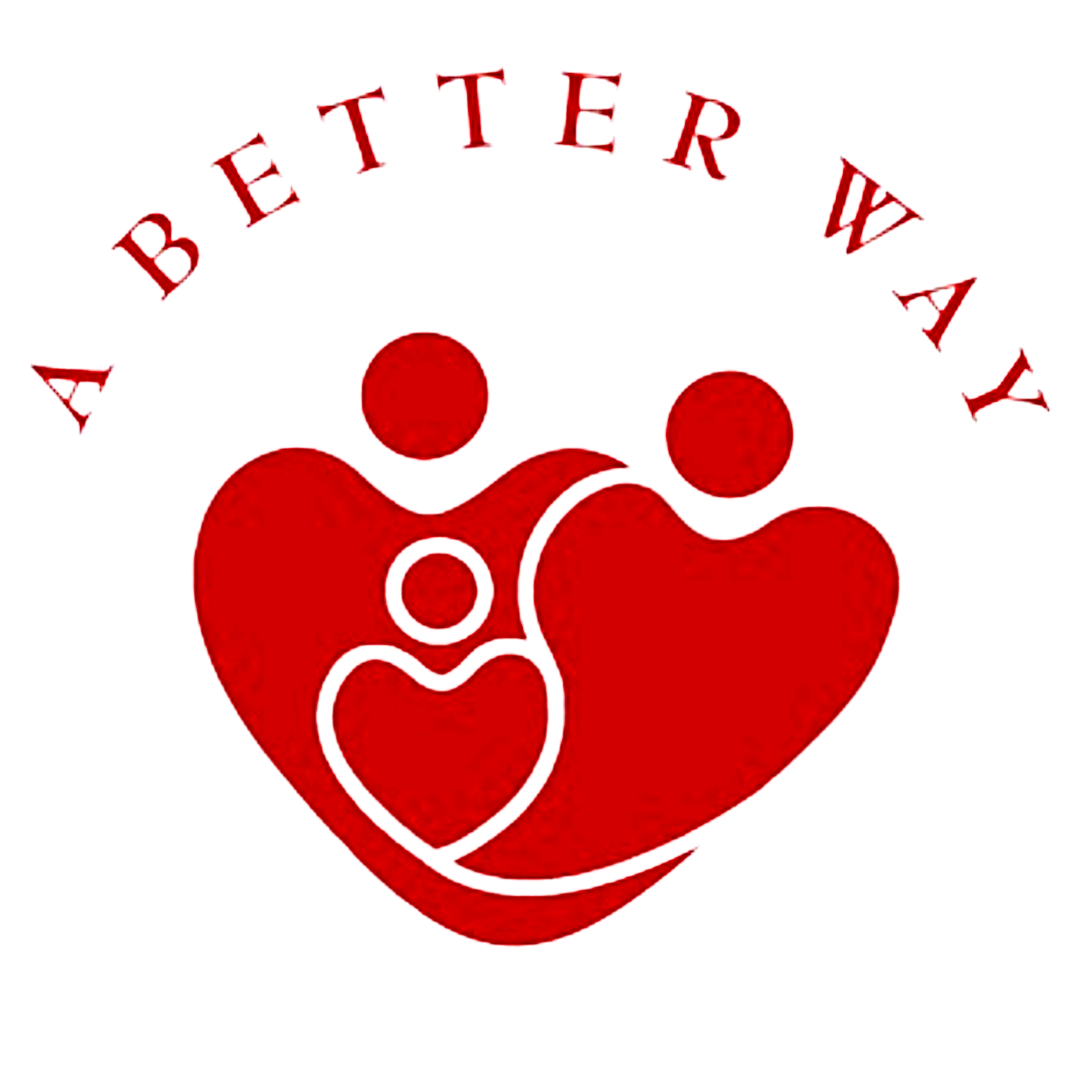
Parent Advocacy
Supporting Parents in Many Ways
A Better Way’s Parent Advocacy programs provide one-on-one advocacy and mentoring to families currently involved in the child welfare system. These programs employ parents who have prior personal experience with Child Welfare to act as peer mentors, supporting families in understanding and navigating the system.
The goals of Parent Advocacy programs are to increase the reunification rate for child welfare system-involved families and reduce out-of-home placements.
What Parent Partners & Parent Advocates Do:
Attend Child Family Team Meetings (CFT’s) and other appointments as requested by the parents.
Provide referrals to substance abuse treatment programs and help with finding resources for needs including housing, food, education, mental health, and employment.
Help advocate within the education, medical and other systems.
Act as a bridge for families to the services and systems with which they interact, supporting families to understand systems and supporting those in the systems to better understand families.
Parent Engagement Program (ALAMEDA COUNTY)
The Parent Engagement Program was developed to improve outcomes for parents who are involved with Alameda County Child Welfare System. These parents are matched with Parent Advocates who provide the education, advocacy and support that help parents navigate the Child Welfare System, address safety concerns identified by Child Welfare, and when possible - to reunify with their children.
The strength of the Parent Engagement Program is our staff. Our Parent Advocates all have personal experience – and personal success – navigating the Child Welfare System to regain custody of their children. With professional development, specialized training and support, they are able to turn their lived experience into expertise – offering hope and guidance to other parents who are currently struggling to reunify.
Parent Advocates provide outreach and consultation to other programs and workgroups within Alameda County to assure that the “Family Voice and Lived Experience” is represented. By actively participating on a variety of committees and workgroups, Parent Advocates also work to improve outcomes by affecting change at the policy and program development level.
Core Program Components include:
Assessment Center phone calls: Parent Advocates make the first contact with parents when their children are initially removed or there is a possibility of a child’s removal. Advocates assure parents that their child (ren) is safe and being assessed for safety and well-being. In this call, we prepare parents for their initial Child Family Team Meeting (CFT) and encourage parents to bring support with them.
Child Family Team Meeting (CFT): This meeting involves families, workers and others involved with the child’s family and are held when there are serious risks to a child that could result in out-of-home placement. Parent Advocates insure that parents know their rights as parents and have a voice in the CFT process. Advocates support parents to have their concerns and desires taken into consideration during these meetings.
Phone Consult: Parents can contact the Alameda County PEP clerk and ask to speak with a Parent Advocate and receive one time support. This is a good way to get questions answered or to bridge the time between referral and case assignment.
CHAT (Communicating History and Transitions): A CHAT introduction meeting is facilitated by Parent Advocates. The meeting provides birth parents and resource parents an opportunity to exchange information regarding the child (ren) when an out-of-home placement is required. CHATs also provide an opportunity for a parent and resource parents to begin to develop a relationship.
Parent Orientation Classes: Consists of two introductory classes, facilitated by Parent Advocates, designed to give parents information about the Child Welfare process and available resources within the community. Parents receive education around their legal rights and responsibilities as parents involved with the system. Participants receive a certificate of completion. The classes take place in the evening and include a light dinner.
Case Work: Parent Advocates assist parents in making the life choices that will limit risk and increase safety for their children. Advocates help parents work through case plan activities, modify their behaviors, access resources, develop healthy support systems and implement important tools to manage parenting responsibilities.
Parent Leadership Support Group: A curriculum driven support and education group for parents with current or past involvement with the Alameda County Child Welfare System, The group is facilitated by Parent Advocates and offers a safe, non-judgmental place where parents can share their experiences of their involvement with DCFS. This group meets every first and third Wednesday of the month to share the tools; knowledge and information that will help parents develop
The Fatherhood Circle: A curriculum driven support and education group for fathers who have navigated or are currently navigating the Alameda County Child Welfare System. The group is facilitated by Parent Advocates and provides a safe, nonjudgmental place where fathers receive support, develop practical parenting skills, and share important resources, while also learning successful strategies to navigate the child welfare system. This is a critical part of Alameda County’s Fatherhood Initiative. This group meets every the second and fourth Tuesday of the month.
Committees and Workgroups: We are delighted to serve on committees with DCFS and other community partners, bringing the parent’s voice to the table and having influence at the policy making level. To name a few, we work with Bay Area Collaboration of American Indian Resources (BACAIR), Alameda County Children of Incarcerated Parents Partnership (ACCIPP), Katie A. Implementation Committee and the Family Subcommittee (KTA), Services to Enhance Early Development (SEED), Alameda County Child Family Team (CFT) and it’s subcommittees; Strategy, Process and Training (SPT) and Monitoring, Evaluation, and Task Team (METT), Safety Organized Practice (SOP) Implementation Team and Task Teams.
Training: Parent Advocates provide specialized training to Child Welfare Workers, Resource Parents and other community partners in order to increase empathy for birth parents and to provide tips to increase parent engagement.

